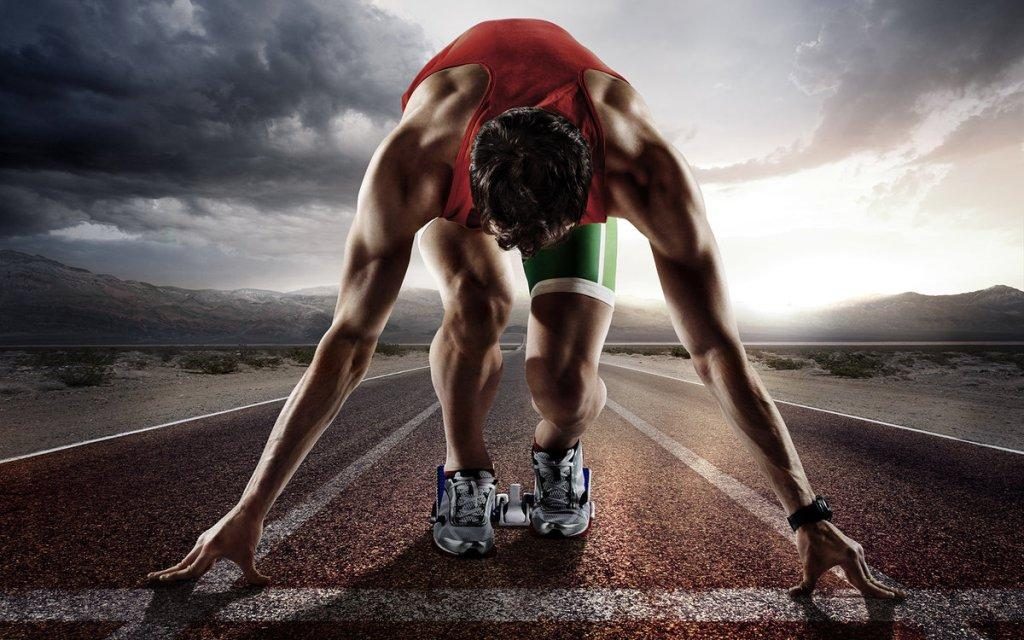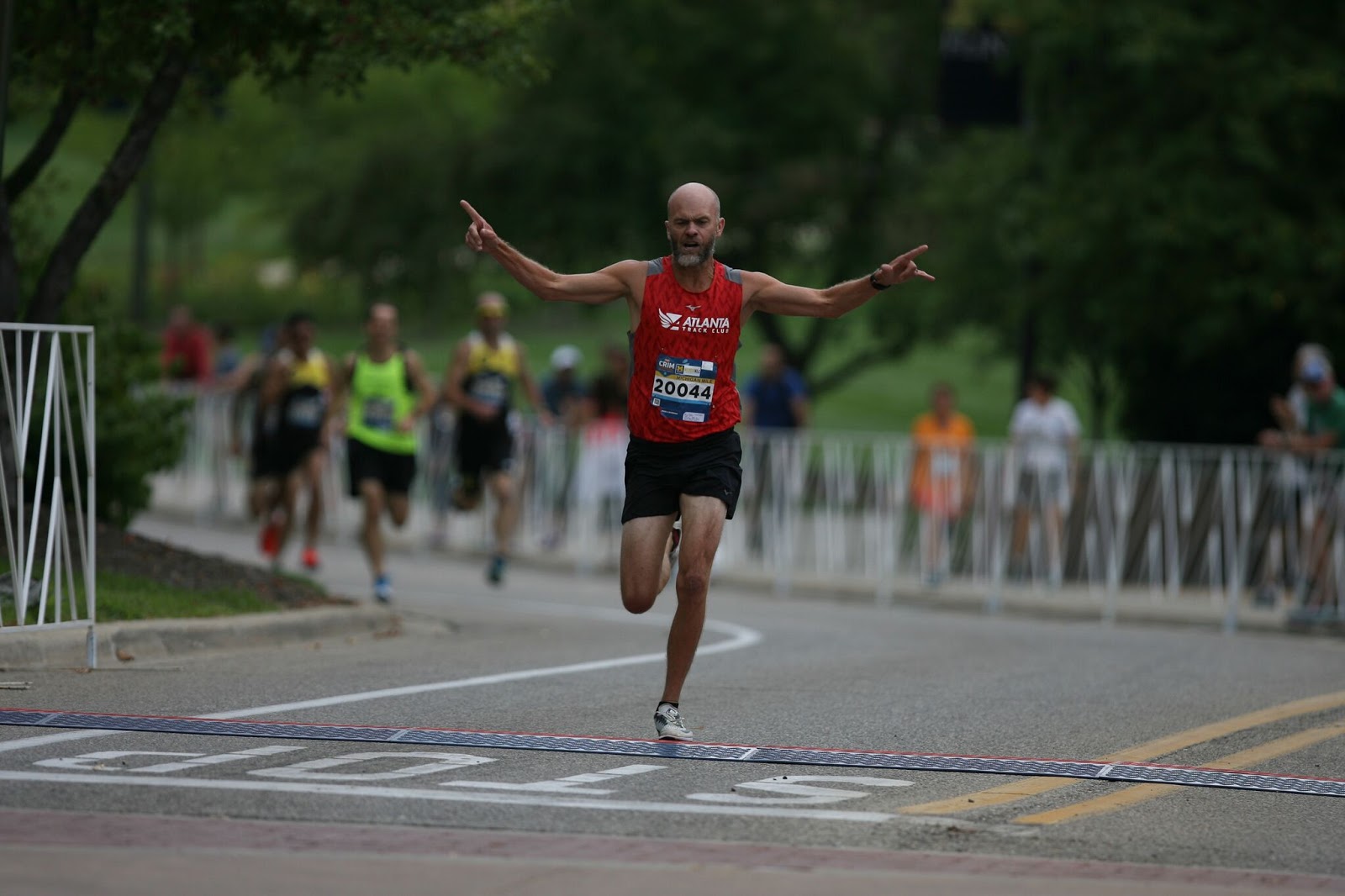How many winners of olympiads and world championships are there? How many athletes are known around the world? This figure is negligible compared to the number of people who love sports or play sports for health. A sports career is a difficult path that starts from an early age and can end by accident, from an unexpected injury.
If an athlete’s career is the path of the elite, then anyone can work successfully in sports. If you are thinking about your future career, if you are currently struggling with the question how to put study abroad on resume and are preparing a cover letter, this article is for you. If you love sports, but the path of Ronaldo, Steffi Graf, Michael Phelps or Larisa Latynina is not for you, then try yourself in one of 11 sports professions.
1. Sports commentator
Sport + Journalism
A journalist who in real time covers the events of a match, tournament and any competition. Sports journalism includes editors, correspondents, and TV and radio presenters who write, conduct sports programs and shoot reports from sports matches. Sports journalism is a creative and interesting work with irregular schedules. Specialists in this field, in addition to the love of sports, will need competent speech, mastery of the info style and a sense of humor. This is exactly the profession that will help you translate all your multifaceted skills into reality. Do you have a good diction? This is the job for you! Do you have experience as a school newspaper editor? Do not forget to include this in your resume: resumesbot.com/how-far-back-should-your-resume-go-in-2020/ Share all your previous achievements, because it is important to display this in your previous work history.
2. Sports agent
Sport + PR
The athlete must train and perform, and all financial, legal and marketing issues are decided by his agent. The athlete signs a contract with an agent, on the basis of which he will represent his interests to reporters, find the most profitable contracts with sports clubs and engage in personal brand PR. Often, one sports agent helps to build a career for several athletes at once.
3. Sports lawyer
Sports + jurisprudence
Each area of jurisprudence has specifics – construction, medicine, IT and, in particular, sports require narrow and deep knowledge in a specific area of law. Sports lawyers specialize in resolving disputes in which athletes may be involved (doping, disciplinary, labor, commercial disputes), accompanying athletes’ transfers between clubs, consulting on labor contracts, assistance in drafting regulatory documents and commercial agreements.
4. Sports doctor
Sport + medicine
A specialist who monitors the health of athletes, prepares them for competitions, if necessary, provides them with medical care and helps to rehabilitate themselves after injuries and illnesses. Sports medicine can be studied both at medical universities (specialties in physiotherapy and sports medicine, rehabilitation medicine) and at a university of physical culture (specialties in physiotherapy, massage and rehabilitation; sports medicine; theories and methods of adaptive physical education).

5. Greenkipper
Sports + Agriculture
A rare profession that comes into fashion. Greenkipper is an agronomist who cherishes and cherishes green fields for golf, football, tennis, etc. You can study this profession at the Moscow Agricultural Academy named after K.A. Timiryazev, but working professionals are most often sent for internships in foreign schools of greenkeepers, where the tradition of creating golf courses lasts several centuries.
6. Trainer
Sport + pedagogy
A sports coach can work with professional athletes, raise children in sports schools or work with adults in amateur sports. It is also prestigious for large corporations to have their own football and hockey teams, so coaches always remain in demand. A good coach is distinguished by credibility, responsibility, creativity and resistance to outside pressure.
7. Sports psychologist
Sport + Psychology
For success in competitions, an athlete needs not only good health, physical strength and skill. A huge role in wrestling is played by willpower and motivation. The sports psychologist is responsible for the psychological health of athletes or the team as a whole, for the adaptation of new players.
8. Sports referee
Sport + Law
A sports judge, referee or referee monitors the progress of a game or competition, monitors players’ compliance with the rules, monitors sports ethics. In non-playing sports, the judge assesses the skill level of the athletes and rewards the winners. Usually, a team of judges from different categories and with different areas of responsibility (main, linear, field, etc.) works in competitions.
9. Sports analyst
Sport + Engineering
A sports analyst or capper is a person who professionally plays in sports betting or advises other players. For success in the profession, you need to understand the strengths and weaknesses of the players, to know and be able to analyze the statistics of previous matches. And also to combine love in that sport with which you deal with a cold, calculating mind.
10. Fitness trainer
Sport + services
What qualities should a fitness trainer have? First, he must lead a healthy lifestyle and be a role model in sports. Secondly, to know the anatomy, physiology, nutrition, human nutrition, because sport is impossible without a scientific approach. Thirdly, to study safety measures during physical education classes so that you do not have to apply first aid knowledge if the barbell has fallen on the client. Fourth, to be sociable and look positively at the world, because they come to a fitness trainer not only for a figure, but also for a good mood.
11. Sports manager
Sport + Management
Raising an athlete and holding competitions is impossible without objects of sports infrastructure. In order for football fields, stadiums, ice palaces and bobsleigh tracks to work, sports clubs to achieve results and win championships, managers with knowledge in the field of management and economics are needed. A sports manager is the head of a club, facility, sports society or Olympic movement who is responsible for developing the infrastructure, organizing the training process of teams or conducting competitions. Sports management is taught at the institutes of physical education, management, public administration, and economics.


